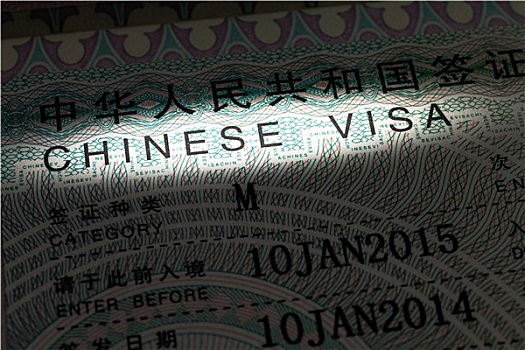
What Is a Chinese Visa?
A Chinese visa is an official travel document issued by the Chinese government, allowing foreign nationals to enter, exit, or transit through the territory of the People’s Republic of China. Its issuance is governed by China’s domestic laws and aligned with international legal practices.
As a sovereign country, China holds full authority to decide whether a foreign citizen may enter or exit its borders. The government also reserves the right to approve or deny a visa application, and to revoke any visa already issued, in accordance with its national regulations.
Who Issues Chinese Visas?
Chinese embassies, consulates, and diplomatic missions abroad, authorized by the Ministry of Foreign Affairs of China, are responsible for issuing visas to foreign nationals. These authorities determine:
- The visa category and type,
- The number of entries permitted,
- The validity period,
- The maximum duration of stay per entry.
They also have the right to decline visa applications or revoke previously granted visas based on the applicant’s eligibility or national interests. It’s important to note that possession of a valid visa does not guarantee entry into China; immigration officers at the port of entry have the final say.
When Is a Visa Not Required?
Most travelers must obtain a Chinese visa before entering the country. However, certain exemptions apply:
- Nationals of countries with visa exemption agreements with China,
- Travelers transiting through China who qualify for the 72-hour or 144-hour visa-free transit policies,
- Short-term visits under temporary visa-free policies in select regions or cities.
These exemptions allow eligible visitors to enter China for limited periods without a visa, provided they meet specific criteria such as holding an onward ticket and staying within approved areas.
Special Permits Required for Tibet and Restricted Areas
Travel to some parts of China, especially politically or geographically sensitive areas, requires more than just a standard visa. If you plan to visit the Tibet Autonomous Region or certain border areas, additional permits are mandatory:
- Tibet Travel Permit: Required for all foreign visitors to Tibet. This must be arranged in advance through a registered Chinese travel agency. Entry without it is not permitted, even with a valid Chinese visa.
- Aliens’ Travel Permit: Needed to visit regions outside of Lhasa, such as Shigatse or Mount Everest Base Camp.
- Frontier Pass: Mandatory for travel to border zones and high-altitude regions, particularly in western Tibet (e.g., Ngari Prefecture or areas near Mount Everest).
Final Thoughts
Traveling to China involves more than just booking a flight — understanding visa requirements and regional regulations is essential. For most visitors, a valid visa is the first step. For those with plans to explore Tibet or other sensitive regions, coordinating with a licensed travel agency is necessary to obtain the required travel permits.
Proper preparation will ensure a smooth and enriching journey through one of the world’s most fascinating and diverse countries.











Leave a comment: